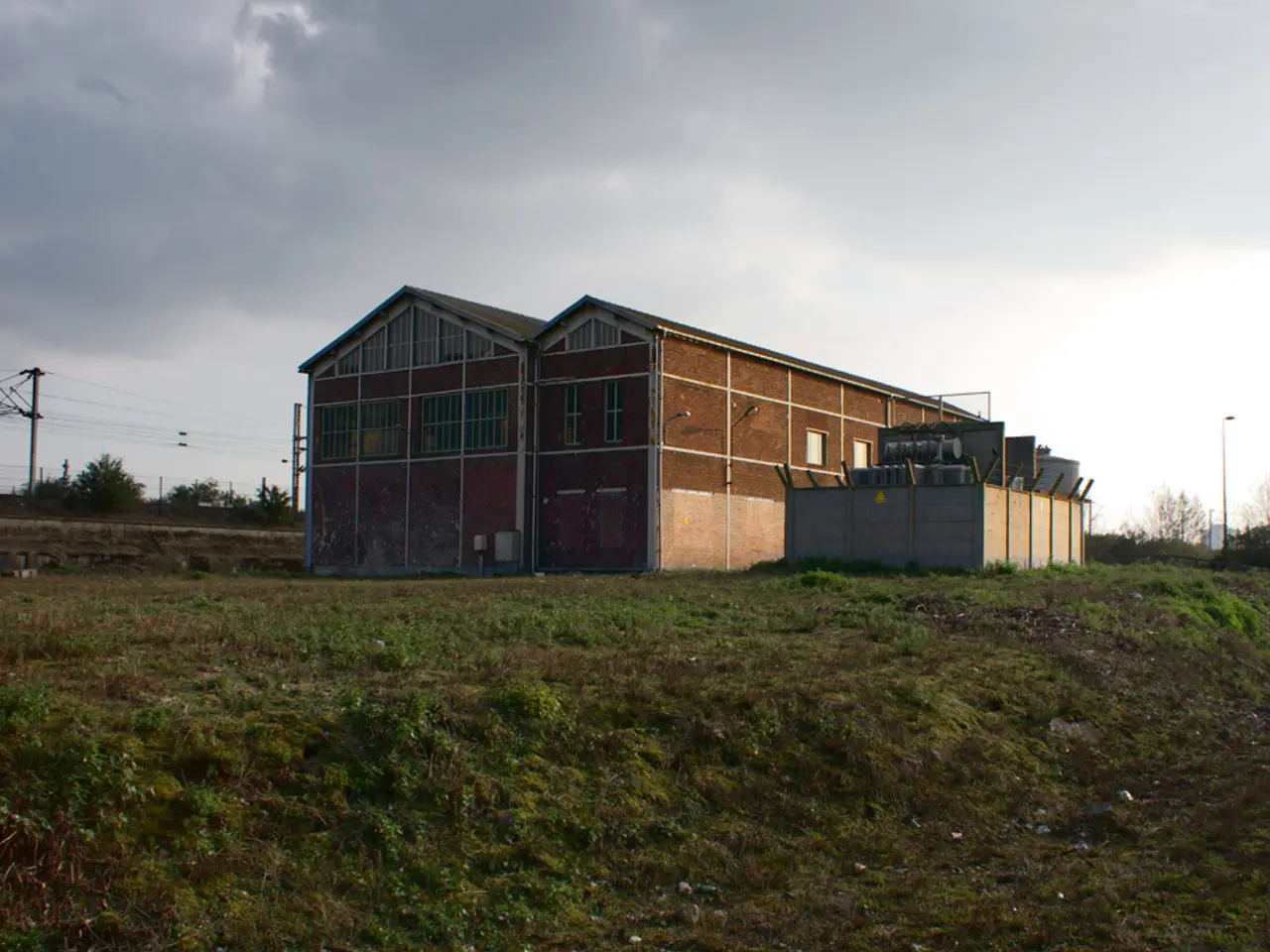UK Energy Price Cap Rises to £1,755 as Households Face Income Pressure
The UK's energy price cap has risen to £1,755 per year for a typical dual-fuel household, effective October 1, 2025. This 2% increase from the previous quarter's cap of £1,720 comes amidst an unchanged UK Consumer Prices Index (CPI) inflation rate of 3.8%, putting additional pressure on households' disposable income.
The new cap includes an electricity unit rate of 26.35p per kWh and a standing charge of 53.68p per day, and a gas unit rate of 6.29p per kWh and a standing charge of 34.03p per day. Consumers can mitigate the impact by switching to cheaper or fixed tariffs before the October increase, potentially saving hundreds of pounds annually. Energy comparison tools are freely available for this purpose.
The energy price cap affects standard variable tariffs, while fixed tariffs, economy 7/10 tariffs, and prepayment tariffs may have different rates. Households can also manage energy costs by submitting accurate meter readings, reducing consumption, and checking government assistance schemes. The cap is reviewed quarterly by Ofgem to reflect changes in wholesale energy costs, network and policy costs, and regulatory adjustments. Future projections suggest a slight drop to around £1,712 in Q1 2026, but a potential rise to £1,895 by mid-2026 if policy and wholesale costs increase.
The energy price cap rise to £1,755 per year for a typical dual-fuel household takes effect from October 1, 2025. Consumers are advised to explore switching to cheaper or fixed tariffs and managing energy consumption to mitigate the impact. The cap will continue to be reviewed quarterly by Ofgem to reflect changing costs and policies.
Read also:
- The Cost of Speech is Zero, True Strength Lies in Unity
- Beginning a Food Truck Venture: Crucial Stages to Achieve Profitability
- Aiming to simplify the move towards cleaner automobiles, the newly established ministry plans to take direct action with Pannier-Runacher, Létard, and Vautrin at the helm.
- "The imperfect yet essential documentary, "Planet of the Humans," raises challenging and uncomfortable inquiries"




